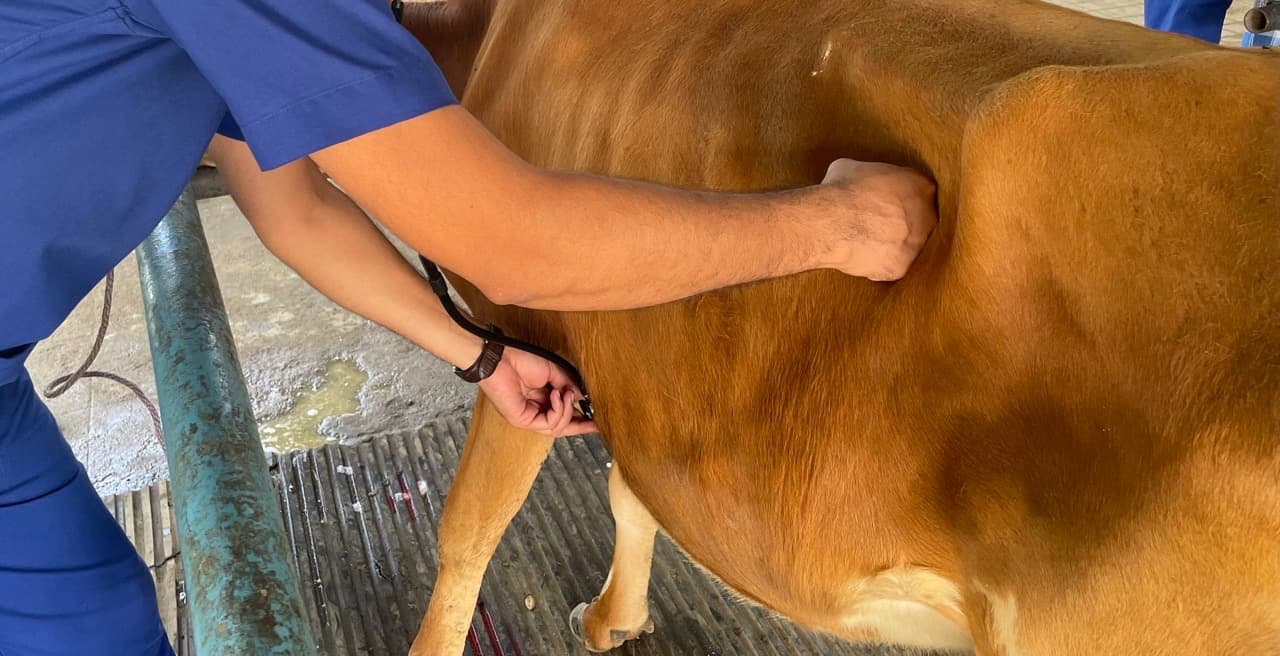TABLE OF CONTENTS
Metabolic Profile Test (MPT)
Metabolic Profile Test (MPT) is based on the concept of the laboratory measurement of certain components of blood, which reflect the nutritional status of the animal, with or without clinical abnormalities. E.g., a low mean blood glucose level in a group of dairy cows in early lactation may indicate insufficient energy intake, which may or may not be detectable clinically.
Metabolic Profile Tests (MPTs) for dairy animals are like health check-ups. They look at different things in the blood to see if the animals are healthy. These tests check how well the body is using energy, proteins, fats, and minerals. By doing these tests, we can find out early if animals have any health issues and take steps to keep them healthy and productive.

Objectives of Metabolic Profile Test (MPT)
- To make an assessment about the input-output relationship
- To provide complete health care services to herds
- To detect the qualitative and quantitative adequacy of the diet in relation to production
- To early diagnose nutritional, deficiency, or metabolic diseases to optimise livestock production and obtain maximum yield at minimum cost
- To aid in the selection of superior animals
Parameters Studied for MPT
Parameters studied for the Metabolic Profile Test are:
- Blood glucose and glucose tolerance tests
- Packed cell volume (PCV)
- Haemoglobin (Hb)
- Blood urea nitrogen (BUN)
- Serum (inorganic phosphate, magnesium, calcium, potassium, and sodium)
- Total serum protein, albumin, and globulin
Occasionally studied parameters in MPT
Serum copper, serum iron, and plasma non-esterified fatty acids (NEFA) are the occasionally studied parameters in MPT.
Supplementary Information required for MPT
The following is the supplementary information required for individual cows for MPT:
- Age
- Milk yield and mastitis status
- Date of calving
- Quantity of feed consumed per day
The following is the supplementary information required for whole herd for MPT:
- Average daily forage intake
- Analysis of forage and grains
- Total herd production and number of cows in milk
- Recent bulk milk quality data
- Find out the rate of decline in production.
Interpretation of Data
The data should be compared with local population means. Animals whose values are 2 SD (standard deviation) or more different from the population mean are considered abnormal.
Significance of MPT
Metabolic Profile Tests (MPT) in animals can help prevent various diseases by detecting early signs of metabolic imbalances and nutritional deficiencies. These tests enable farmers to identify conditions like ketosis, fatty liver syndrome, hypocalcemia, acidosis, and subclinical mastitis before they become serious health issues.

